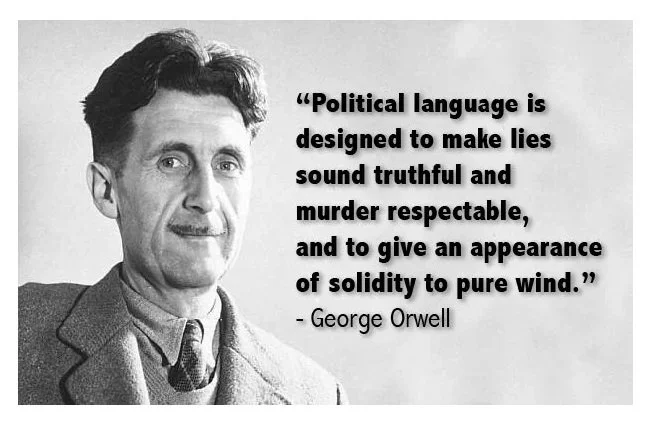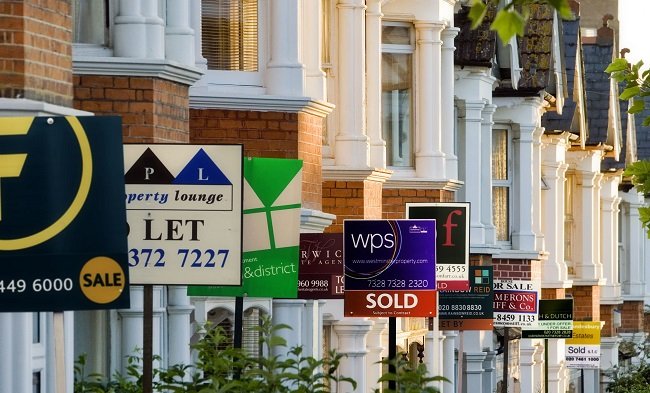"Middle-aged"
Perfect teeth and an absence of haemorrhoids are one of many reasons why stock photos are bullshit
I read a comment on a news website recently in which the author claimed to be “middle-aged”. They were 67 years old. This highlighted something I have considered for a long time; that this term is one of the most elastic and wilfully misused in the English language. And it may come as a surprise to you but this really bugs me. Because one’s age shouldn’t be a matter of anything other than numerical accuracy. However, it would appear that I’m swimming against the tide on this issue and perhaps many others. For many people, most forms of self scrutiny are refracted through the prism of their feelings and cultural assumptions. Hence what they think, see and feel about themselves is often quite different to objective reality. Your age falls into this category. And then there is the cultural bias towards youth which runs through every aspect of society. All things considered, it’s hardly surprising that people are going to stretch the term “middle-aged”.
According to The Office for National Statistics, UK life expectancy for men is 79.2 years and 82.9 years for women. If we consider from 20 years onwards to be the start of a person’s adult life and 80 to be the average age of death, then the middle of this period is between 40 and 60 years. That seems to be a fair assessment to me and a logical way of determining a definition of “middle-aged”. As we are dealing with averages, there is naturally scope for the numbers to change nominally if you apply this school of thought to yourself or your family. I am currently 52 years old, so I am by this criteria clearly “middle-aged”. Furthermore, I have many of the characteristics associated with the term. Although I am relatively fit and healthy, I am not as active as I was 20 years ago. I suffer from low level medical issues associated with my age such as arthritis, myopia and fluctuating weight. However, I do not resent this term, nor the reality of my life. It is illogical to expect to maintain the same level of health and activity throughout your entire life.
Data from a YouGov survey from 2017 showing perceptions on age in the UK
Sadly, society does not see or quantify age as simply being the number of years you’ve existed. Age is something to be exalted and worshipped (in respect to youth) while simultaneously being a stick to beat you with (try being a woman in her sixties attempting to get served at a bar). Age is also a means of discrimination and a way of arbitrarily pigeon-holing people. But it is also a key factor in many cultural biases, such as views on sexuality, multiculturalism and wider considerations about the UK’s place in the world. There are many subtleties and paradoxes to wade through. Men age and become “distinguished”, where the tabloid press consider any woman who has the gall to grow old as being an utter disgrace. But the elephant in the room is how society as a whole takes a dim view of senior citizens. They are all too often portrayed as just tedious, social baggage. So when you consider the utter polarised and entrenched cultural views on age, I guess my logical categorisation is out of step with the wider world.




























